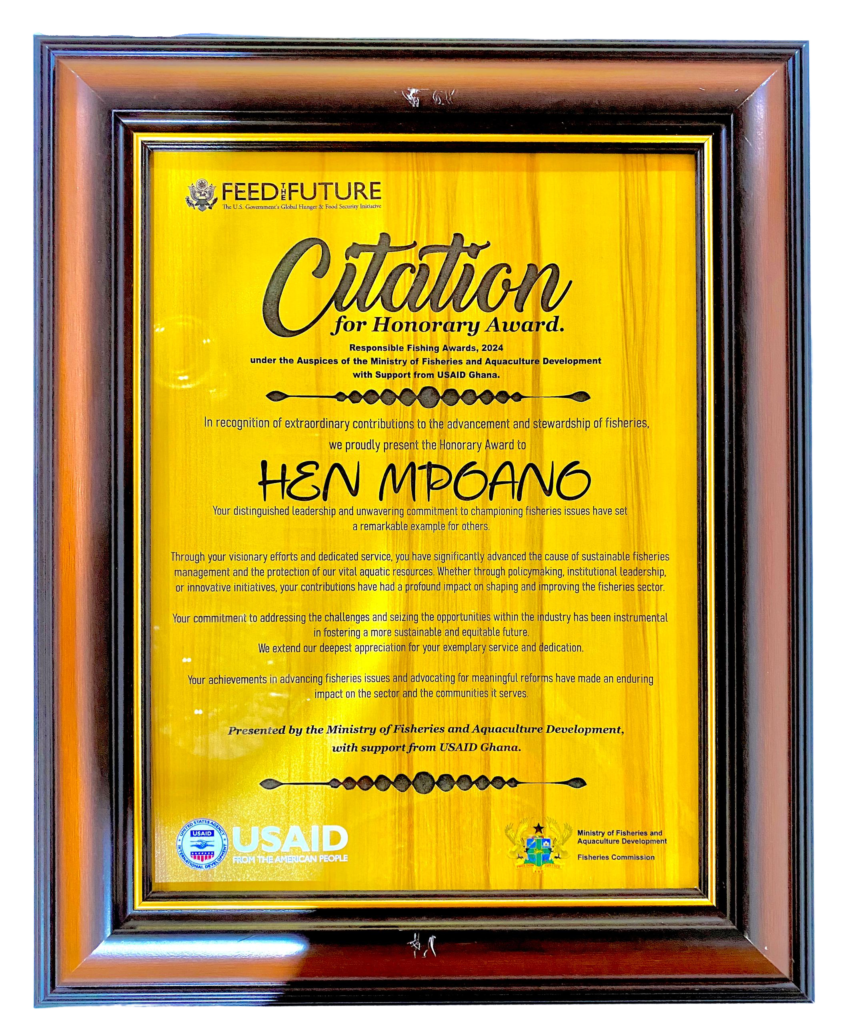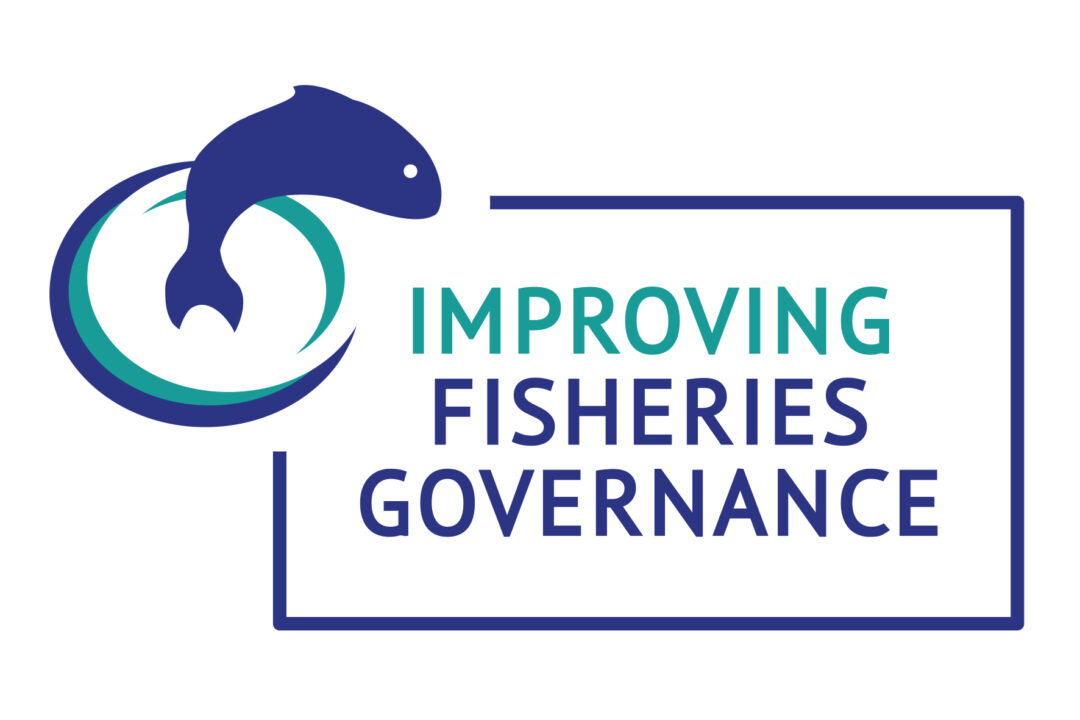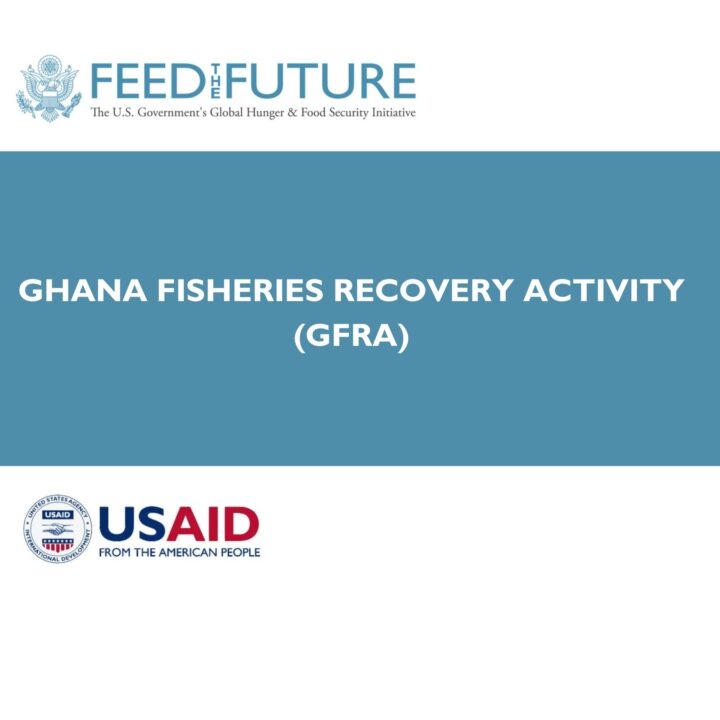Improving Fisheries Governance in Ghana and the Wider Sub-Region (IFG)
Implementing partners: Hen Mpoano (HM), Friends of the Nation (FON), Environmental Justice Foundation (EJF), Trygg Mat Tracking (TMT) and the Fisheries Committee of the West Central Gulf of Guinea (FCWC).
Fisheries provide livelihoods for over 2.7 million people in Ghana and play a critical role in national food security and the way of life of coastal communities. Decades of poor governance of the sector have resulted in fleet overcapacity and illegal fishing (by both artisanal and industrial sectors), driving over-exploitation and collapse of the fisheries resource, particularly, the small pelagic fishery which is the mainstay of over 100,000 artisanal fishers and constituted about 80% of catches of artisanal fishers over a decade ago.
Ghana has one of the largest domestic-flagged industrial trawl fleets in West Africa. Illegal fishing by these vessels poses a major threat to Ghana’s fisheries, and particularly the illegal transshipment of fish from industrial trawlers to specialized canoes at sea (known locally as “saiko”). These practices are pushing fish populations to the brink of collapse, particularly the small pelagics.
Although Ghana has taken steps to improve transparency and sustainability in the management of its fisheries, there is much to be done. Urgent actions are needed in the short to medium term to address key governance weaknesses and avert the imminent collapse of Ghana’s fisheries.
The three-year project aims to strengthen government and industry commitment to improve fisheries governance in the key policy areas of enhanced transparency, law enforcement, collaborative management and capacity of key stakeholders in Ghana and the West African region.
The project builds on gains made by recent interventions which have increased awareness of issues confronting the sector, driven reforms in areas such as co-management and set out actions towards recovery. It leverages on the good working relationship with regulators and stakeholders and exploit the improved role of fisher associations in fisheries governance.





